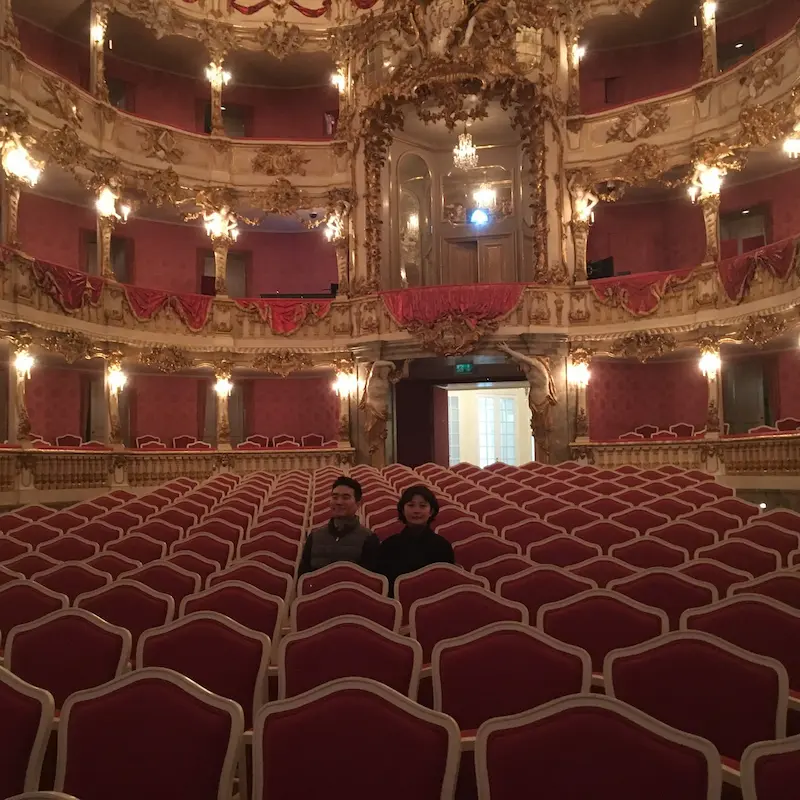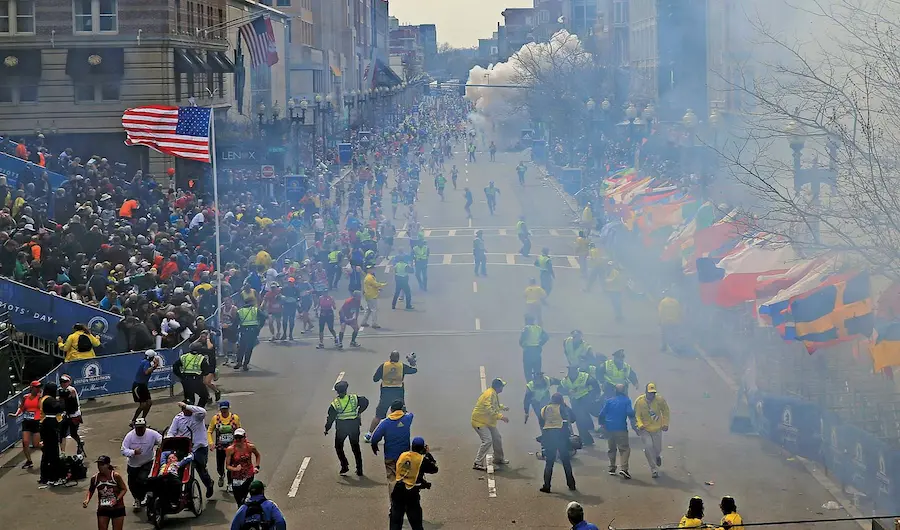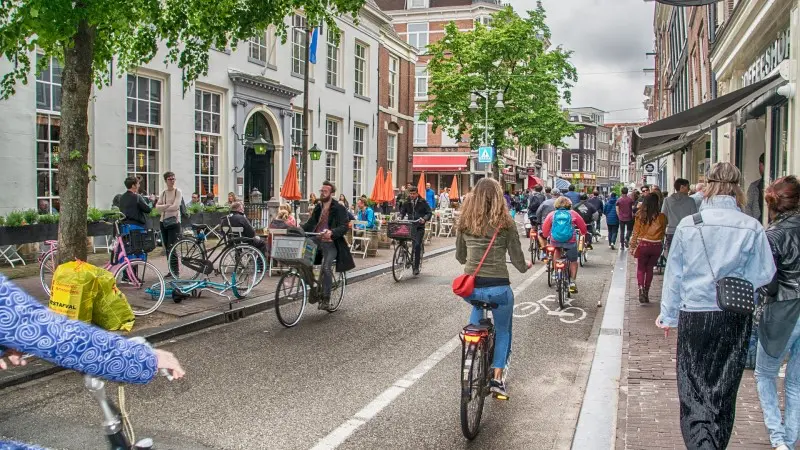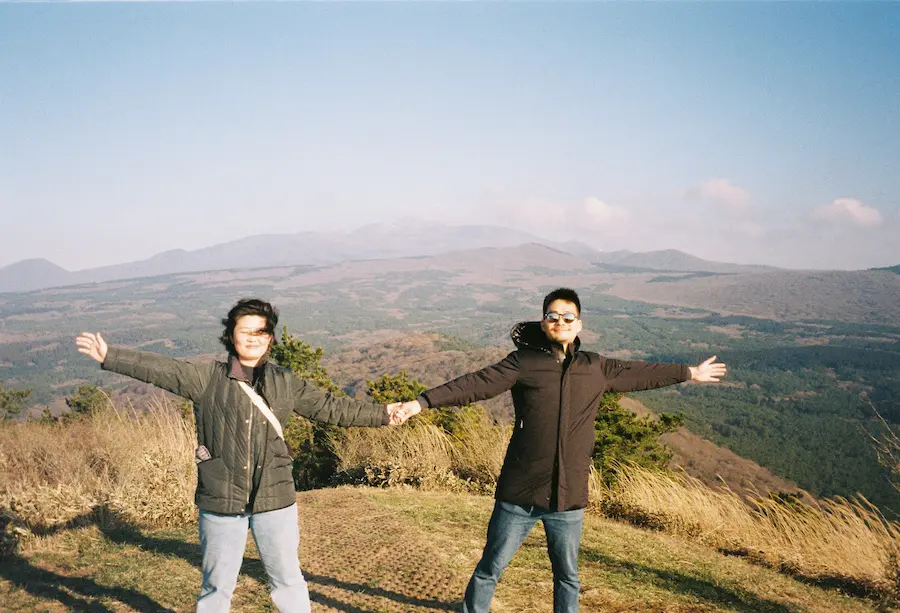This is a translated version of Kang's first & second essays of a series "Where Do I Want to Live?"
 Born in Jeonju, I’ve wandered through Haian, Shanghai, Harbin, State College, Boston, Saint Paul, Seoul, and Jeju. One would think I'd want to settle down by now, but I often feel a pull to find a place that suits me better.
Born in Jeonju, I’ve wandered through Haian, Shanghai, Harbin, State College, Boston, Saint Paul, Seoul, and Jeju. One would think I'd want to settle down by now, but I often feel a pull to find a place that suits me better.
When moving from Seoul to Jeju, I thought it didn’t matter where I lived as long as I had the internet. For someone who studies, creates, and spends leisure time online, what difference does it make if I'm in Gangnam or Ido-dong? But the longer I live in Jeju, running my tiny content company, the more I wonder. Where should I live? Can I find an environment that fits my lifestyle?
Before tackling the big question of “Where should I live?” I want to list the features of my ideal city (knowing that a perfect environment meeting all these criteria doesn’t exist).
Safety

When I was in high school near Boston, I sometimes took a 90-minute bus ride into the city on weekends. One day, I was considering booking an appointment at a Japanese hair salon in Boston.
My housemate said, “Isn’t today the Boston Marathon? Traffic will be terrible.”
“Oh, right.”
As I stayed in and watched my laptop, news broke of a bomb exploding at the marathon. I was shocked. I turned on the TV and saw military helicopters and messages advising everyone to stay indoors. What if the bomber was hiding nearby? I stared at the screen, terrified.
Living in the U.S., I realized the importance of safety many times. Once, a knife-wielding robber swept through a store in New York as I was buying a phone. Another time, I got an alert about a shooting near my college campus.
No place is 100% safe, but I want to live without fear. A neighborhood isn’t livable if you hear gunshots outside.
Pedestrian and Bicycle-Friendly

Reading Jane Jacobs’ The Death and Life of Great American Cities, I understood U.S. urban design deeply. To summarize its ideas: In a car-centric society, the wealthy move to the suburbs and commute to downtown. ➙ Cities expand endlessly. ➙ Traffic worsens, so sidewalks are removed to widen roads. ➙ With reduced population density, living without a car becomes impossible. ➙ Downtown becomes desolate at night, and those who can’t afford cars suffer greatly.
I dislike cities where there are more cars than people. Walking in Jeju City, surrounded by cars on streets without sidewalks, reminds me of Jacobs' teachings. My wife and I used to bike everywhere but gave up and got a car. How can you bike without bike lanes? On sidewalks, we were a nuisance; on roads, we were constantly honked at. Biking meant choosing between these two terrible options.
Nothing frustrates me more than being surrounded by cars. Once, after signaling and ensuring enough space, I changed lanes. A man pulled up beside us, rolled down his window, and yelled, “Hey! Roll down your window, you fucking asshole!” “Just ignore him,” I told my wife as we turned. It left me feeling very down. What made him so angry? Would he have cursed at my face if I had rolled down my window?
I still try to walk or take the bus, but living in a car-dependent area feels stifling. Watching politicians campaign to cars, not people, during the elections made me feel bitter. Living in Jeju might seem like living amid green nature, but the reality is a car-dominated hell. I long to live in a city where walking or biking makes sense.
Parks and Lawns
 Reading that “Cafes serve as parks for Koreans living in cities without resting places,” I nodded in agreement. How nice would it be to have parks and lawns nearby for a relaxing walk? Though there are a few playgrounds near my home, they’re essentially for kids.
Reading that “Cafes serve as parks for Koreans living in cities without resting places,” I nodded in agreement. How nice would it be to have parks and lawns nearby for a relaxing walk? Though there are a few playgrounds near my home, they’re essentially for kids.
I loved walking along Gyeongchun Line Forest Park when I lived in Gongneung-dong, Seoul. Especially during busy evenings, stepping outside felt like meeting the whole neighborhood. The forest path had no franchises; all cafes, waffle shops, and doughnut places were small and unique. I sometimes miss the sense of stability I felt there. I want to live somewhere I can walk endlessly or lie on the grass looking at the sky without driving far.
Hospitals
While studying in Boston, my wisdom tooth decayed so badly my gums turned black. In pain, I finally booked an appointment with a Korean dentist. Desperate, I waited over a week for my visit. The dentist quickly checked my mouth and gave me two options:
- Get the tooth pulled and treated now. It would cost about $2,000 without insurance.
- Take antibiotics and wait until I returned to Korea, where it would cost less than 10% of that.
I chose the antibiotics and got all treatment in Korea two months later for just 30,000 won. That’s when I began to appreciate health insurance. Many in Jeju travel to Seoul for medical care, often due to low trust in local hospitals like Jeju National University Hospital. While I hope to stay healthy, I don’t want to fly to hospitals for check-ups or surgeries. It doesn’t have to be right next door; a 1-2 hour train ride would be fine.
Culture
“Where do you want to live?” is similar to “Who do you want to live with?” You can’t talk about desirable places without mentioning culture. Some Korean friends moved to Canada or the U.S. saying they disliked Korean culture. Some were tired of a society dividing people by age, education, and neighborhoods; others wanted to escape a culture that dismisses and ostracizes those with different identities or values. While no place is perfectly rational and equal, these complaints are somewhat relatable.
I sometimes miss the U.S. because of the people. Four years after marrying, I visited and was surprised again by Americans who smiled when making eye contact (though generalizing about such a large country is impossible). Drivers who smiled and let you go first, neighbors who greeted you during walks, and people who apologized with “excuse me” for the slightest bump. These moments felt healing.
In contrast, seeing men urinating on the street, motorcycles blaring music, posters plastered everywhere, drunken people sprawled out, and people spitting made me feel suffocated. I want to live in a kind society where respect and consideration for neighbors come naturally.